 Anna Paquin, who is engaged to her 'True Blood' co-star Stephen Moyer, has explained the thinking behind her surprise decision to come out as bisexual in a gay rights public service announcement this April.
Anna Paquin, who is engaged to her 'True Blood' co-star Stephen Moyer, has explained the thinking behind her surprise decision to come out as bisexual in a gay rights public service announcement this April."I'm not someone who endlessly talks about her personal life for no reason, but obviously, as someone who identifies as bisexual, those are issues I really care about," she told Zap2it on Tuesday. "It wasn't like it was a big secret. It was just a cause I cared about and privately supported, but not one that I had ever had an opportunity to speak out about in a way that would be useful."
In a year of coming out stories, some more surprising than others (Sean Hayes, Ricky Martin, Chely Wright), Paquin's case casts light on the constantly shifting politics of how we view celebrities and sexuality.
Like celebrity pregnancies, the matter of whether a gay star is "out of the closet" or not is one of those things that should be black-and-white, but isn't. If a star is openly gay among friends and family but hasn't issued a press release, are they considered "out"?
For years, Neil Patrick Harris occupied that middle ground that so confounds journalists who want to stick a label on people. He would attend public events with his boyfriend, but given that they stubbornly refused to have the word "gay" tattooed on their foreheads, it was hard to know what to call the relationship in print.
Reporters are in a similar situation right now with a prominent singer and actress that often goes to media events with the same lady by her side. But because there has been no press release, respectable outlets will not report what seems to be the blatantly obvious conclusion: That the couple is in a public lesbian relationship. (Needless to say, many blogs and tabloids do not exercise that restraint.)
So are relationships like that, to use Paquin's words, "a big secret"? Hardly anyone was surprised when Ricky Martin came out as a "fortunate homosexual man," but that didn't mean the press could call him that before he made his statement. (In 1956, Liberace successfully sued the London Daily Mirror for implying that he was gay. He won $22,000 in damages because the paper called him "fruit-flavored.")
Clearly, celebrities feel more comfortable coming out in 2010 because it is not the career-ending revelation that it would have been for an earlier generation of stars, like Montgomery Clift (who never came out) and Tab Hunter (who did). However, even gay-rights supporters would probably agree that the world is not yet ready to accept a publicly gay actor playing a heterosexual romantic lead in a Hollywood blockbuster. Sean Hayes's credibility was recently questioned by a Newsweek reporter (who is also gay) for playing straight in a Broadway musical.
From a journalist's perspective (at least this journalist, who is gay), sexuality should be reported on as merely a fact, like marital status or hair color or whether they own a dog. However, a rising star who could potentially lose an eight-figure paycheck if he or she were disqualified from a leading role would reasonably look at the matter differently.
The only thing which is certain is that attitudes toward gay celebrities are changing to be more tolerant. Perhaps the next generation's Anna Paquin won't have to do a PSA about gay rights, because it won't be necessary.
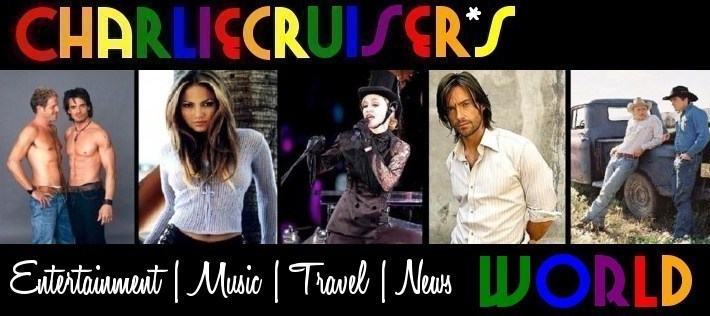
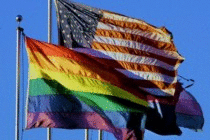


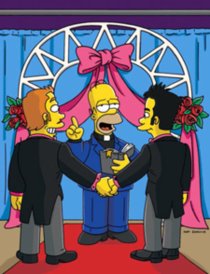


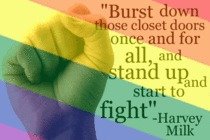
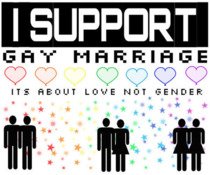

No comments:
Post a Comment